Log Grown Mushrooms Now Official Crop in New York
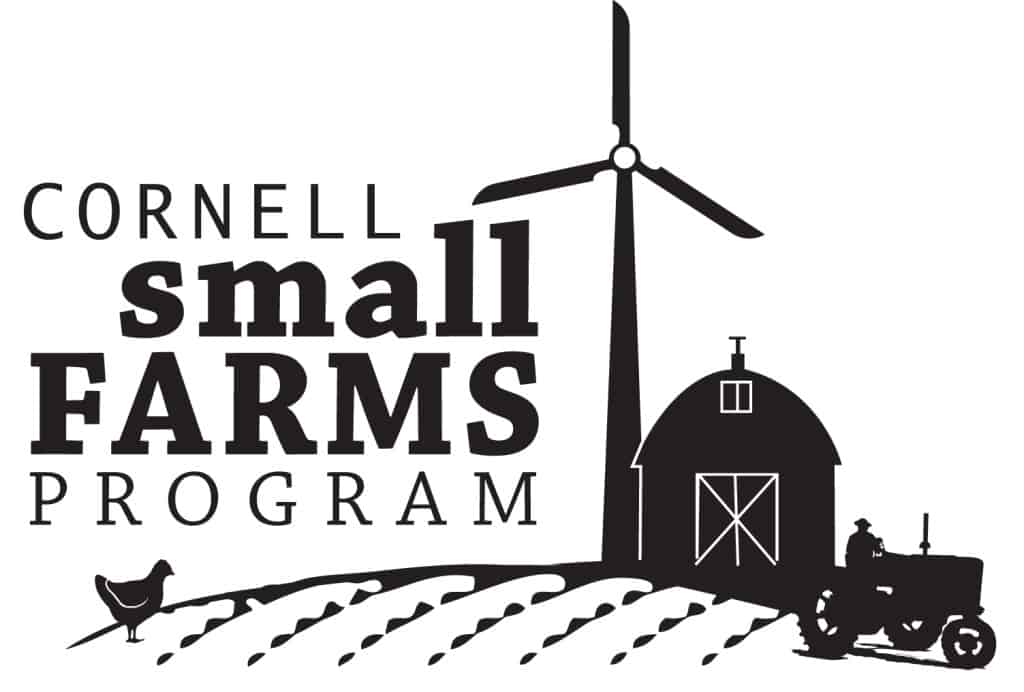
ITHACA, NY – The Cornell Small Farms Program announces a new development in the emerging log-grown mushroom industry; New York State has officially designated “actively managed log-grown woodland mushrooms” within the meaning of the term “crops, livestock and livestock products,” for purposes of provisions of law relating to agricultural districts.
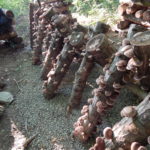
Forest mushroom cultivation has recently been growing in popularity among farmers, due to the abundance of forest resources and the relative low-cost of startup operations. Cornell University has led an effort to develop both cultivation procedures as well as look at the economics of production. A 2009 – 2012 research grant, where Cornell partnered with University of Vermont and Chatham University, found that farmers could make a profit in year two and make $9,000 in profit with a 500 log operation over five years.
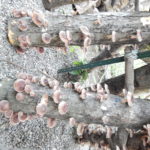
“Our deep appreciation goes to the NY Farm Bureau for their continued efforts on behalf of farmers, “ notes Gabriel, “Along with the economic and environmental benefits of log-grown mushrooms, we can now offer further benefit to New York farmers in the form of tax incentives for growing.”
The Cornell Small Farms Program offers research and outreach on cultivation strategies and policy work, including factsheets, videos, and an online course in mushroom cultivation. These items can be found at www.cornellmushrooms.org.
FOR MORE INFORMATION CONTACT:
Steve Gabriel
Extension Agroforestry Specialist
Cornell Small Farms Program
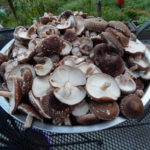
607.342.2825
sfg53@cornell.edu
Lindsay Wickham
Area Field Supervisor
New York Farm Bureau
3348 Coykendall Rd. Watkins Glen, NY 14891
607-535-3072
www.nyfb.org
LWickham@NYFB.org


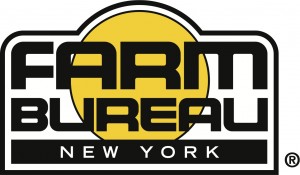
I love mushrooms and will love to acquire the skills to build a farm.
Please how do I get d training?
Hi Eugene,
Here are some articles to get you started:
smallfarmsprogram.flywheelsites.com/2010/04/04/growing-mushrooms-for-fun-and-profit/
smallfarmsprogram.flywheelsites.com/2015/10/01/log-grown-mushrooms-official-crop/
smallfarmsprogram.flywheelsites.com/2017/05/02/16-mushrooms/
Here is the Cornell mushroom website: blogs.cornell.edu/mushrooms/
And, finally, the Small Farms Program is offering three different online courses relevant to mushroom production throughout this fall and next spring:
smallfarmsprogram.flywheelsites.com/online-courses/course-descriptions/farm-woodlot-management-bf-150/
smallfarmsprogram.flywheelsites.com/online-courses/course-descriptions/woodland-mushroom-cultivation-bf-151/
smallfarmsprogram.flywheelsites.com/online-courses/course-descriptions/oyster-mushroom-cultivation-in-barns-high-tunnels-and-greenhouses-bf-153/